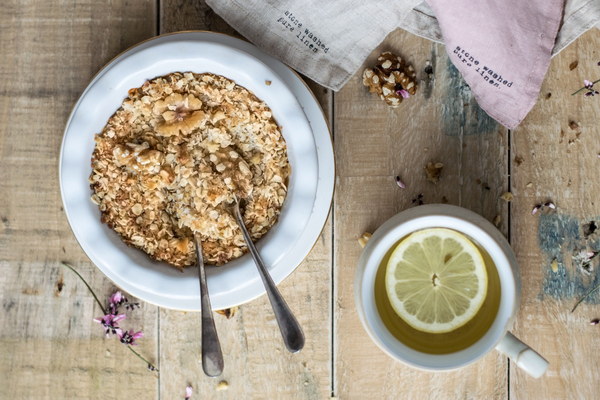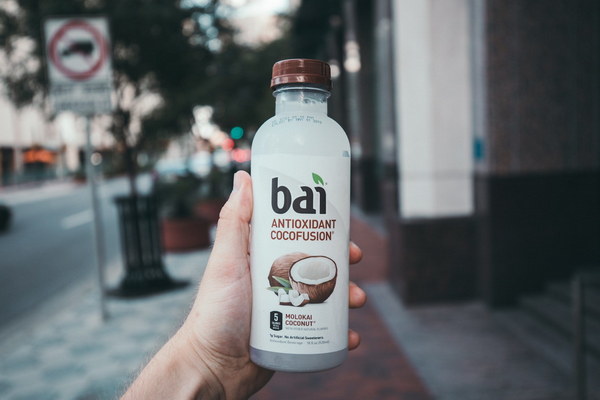Unlocking the Healing Powers of Cinnamon A Guide to Therapeutic Uses and Dosage
Cinnamon, a popular spice known for its warm, sweet, and slightly bitter flavor, has been used for centuries in traditional medicine. Beyond its culinary uses, cinnamon offers a myriad of health benefits that have been scientifically proven. This article delves into the therapeutic uses of cinnamon, its recommended dosage, and how to incorporate it into your daily routine.

Therapeutic Uses of Cinnamon
1. Blood Sugar Regulation: Cinnamon has been found to lower blood sugar levels, making it a valuable spice for individuals with diabetes. Studies have shown that cinnamon can improve insulin sensitivity and reduce the absorption of glucose into the bloodstream.
2. Heart Health: Cinnamon can help reduce bad cholesterol (LDL) and triglycerides, while increasing good cholesterol (HDL). Its anti-inflammatory properties contribute to a healthier heart.
3. Digestive System: Cinnamon can aid in digestion and relieve symptoms of indigestion, such as bloating and gas. It also has antimicrobial properties that can help combat harmful bacteria in the gut.
4. Brain Function: The anti-inflammatory and antioxidant properties of cinnamon have been linked to improved brain function and a reduced risk of cognitive decline.
5. Weight Loss: Cinnamon can boost metabolism and increase feelings of satiety, making it a helpful addition to weight loss diets.
Dosage
The recommended dosage of cinnamon varies depending on its form and intended use. Here's a general guideline:
- Powdered Cinnamon: 1/2 to 1 teaspoon per day for adults. It's best to consume it with meals to minimize the risk of stomach irritation.
- Cinnamon Oil: Always use it externally, as it's potent and can cause irritation if ingested. For topical use, dilute a few drops in a carrier oil like coconut oil before applying to the skin.
- Cinnamon Tea: Brew a cup of tea using 1/2 to 1 teaspoon of ground cinnamon. Drink it once or twice a day.
Incorporating Cinnamon into Your Diet
1. Add to Baked Goods: Sprinkle cinnamon on cookies, cakes, and muffins for a sweet and spicy flavor.
2. Stir into Oatmeal: Cinnamon complements the natural sweetness of oatmeal and adds a warm, inviting flavor.
3. Enhance Smoothies: Add a teaspoon of cinnamon to your smoothies for a nutritious boost.
4. Season Grains and Vegetables: Sprinkle cinnamon on rice, quinoa, or roasted vegetables for a unique twist.
5. Make Cinnamon Tea: Brew a cup of cinnamon tea using ground cinnamon and enjoy it as a soothing drink.
Conclusion
Cinnamon is a versatile spice with numerous health benefits. Its ability to regulate blood sugar, improve heart health, aid digestion, and boost brain function makes it a valuable addition to your diet. By incorporating cinnamon into your daily routine, you can unlock its healing powers and enjoy a healthier lifestyle. However, always consult with a healthcare professional before starting any new supplement or therapy.









